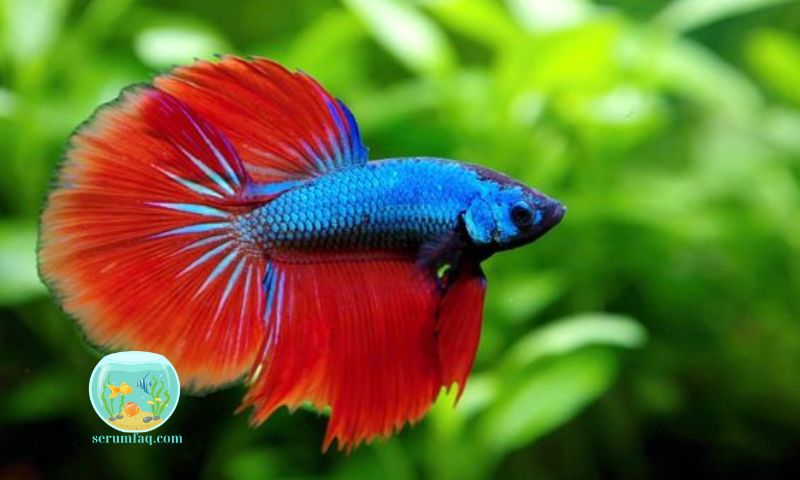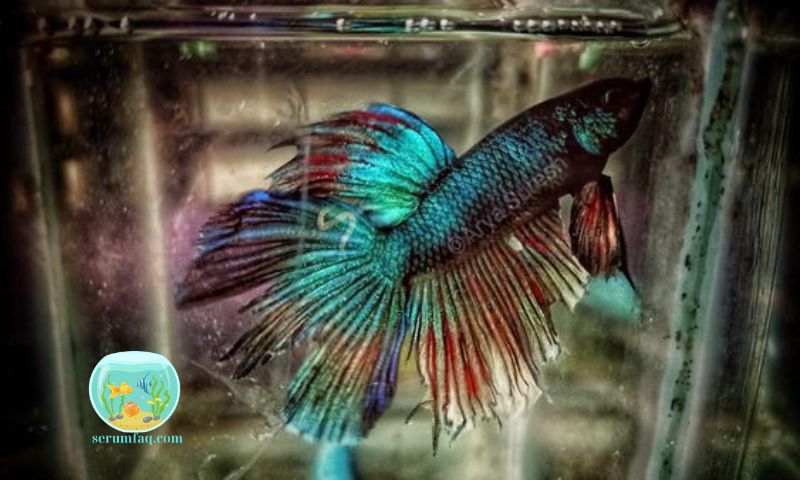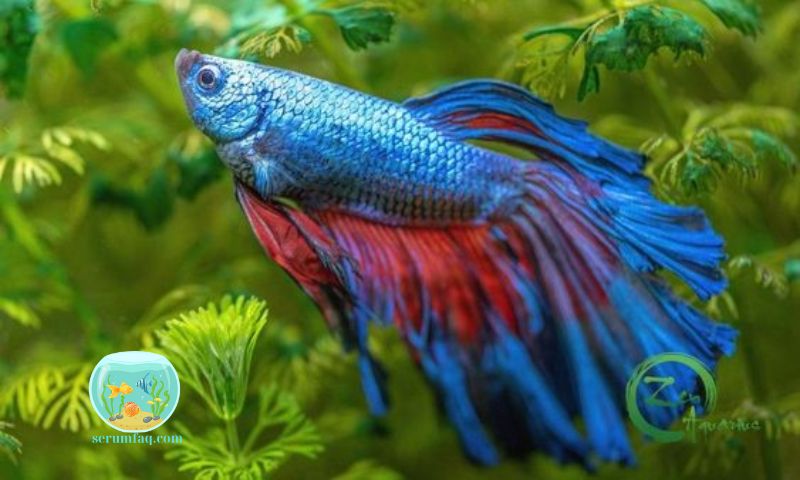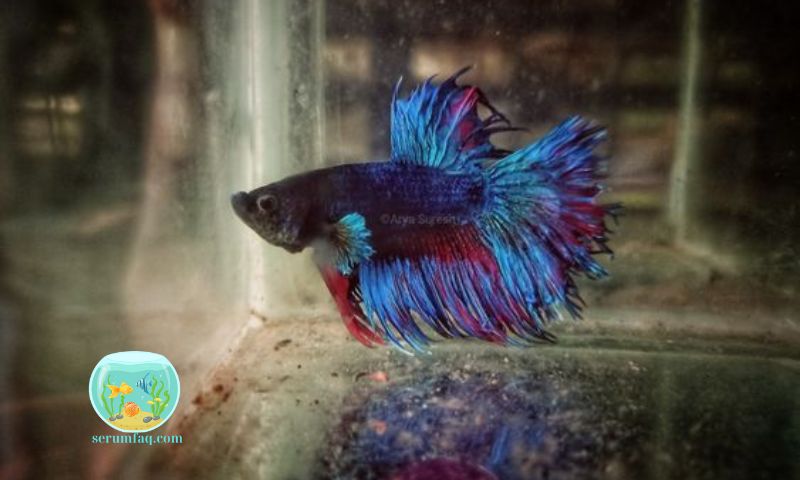Choosing the right food for Betta fish is crucial to their health and vitality. Betta fish, known for their vibrant colors and flowing fins, require a balanced diet to thrive. Understanding the different types of food available and their nutritional needs can help ensure your Betta fish remains healthy and active.
Types of Food for Betta Fish

Live Food
Live food is a popular choice among Betta fish enthusiasts. Examples include brine shrimp, daphnia, and bloodworms. These foods are high in protein and mimic the natural diet of Betta fish in the wild, promoting natural hunting behavior. The movement of live food stimulates Betta fish, making feeding time an engaging and beneficial activity.
Frozen Food
Frozen food, such as frozen brine shrimp and frozen bloodworms, is another excellent option. It offers the convenience of long shelf life while retaining the nutrients found in live food. Frozen food can be thawed before feeding, providing a practical alternative to live food without sacrificing nutritional value.
Pellets
Pellets are a staple in Betta fish diets. They come in two types: floating and sinking. Floating pellets are ideal as Betta fish are surface feeders. High-quality pellets are formulated to provide balanced nutrition, containing the right mix of protein, fats, and fiber necessary for the health of Betta fish.
Flakes
Flakes are a convenient food option for Betta fish, especially for surface feeders. However, they can lose nutrients quickly once in the water. It’s essential to ensure that the flakes are of high quality and fed in small amounts to prevent nutrient loss and maintain water quality.
Nutritional Requirements of Betta Fish

Protein
Protein is a crucial component of a Betta fish’s diet. It supports muscle growth and overall health. Live and frozen foods are excellent sources of protein, essential for maintaining the vibrant color and energy levels of Betta fish.
Fiber
Fiber is important for the digestive health of Betta fish. It helps prevent constipation and other digestive issues. Plant-based ingredients found in high-quality pellets and flakes provide the necessary fiber for Betta fish.
Fats
Fats are vital for energy and cell function in Betta fish. A diet that includes high-quality pellets and live food ensures that Betta fish receive the right amount of fats needed for their well-being.
Feeding Guidelines
Frequency
Feeding frequency is critical in maintaining the health of Betta fish. It is recommended to feed Betta fish 1-2 times a day. The quantity should be small, just enough that they can consume within 2-3 minutes. Overfeeding can lead to several health issues and degrade water quality.
Overfeeding Risks
Overfeeding Betta fish can cause obesity and bloating, leading to severe health problems. Excess uneaten food can decompose, affecting water quality and creating a hazardous environment for the fish. Monitoring feeding habits and adjusting portions is essential to prevent overfeeding.
Special Considerations

Feeding Juvenile Betta Fish
Juvenile Betta fish have different dietary needs compared to adults. They require smaller, protein-rich food and more frequent feedings to support their rapid growth and development. Ensuring they receive the right nutrition from a young age sets the foundation for their future health.
Feeding Sick Betta Fish
Sick Betta fish may require dietary adjustments. Soft or easy-to-digest food can help during illness. Monitoring changes in appetite and behavior is crucial, and offering nutritious food can aid in their recovery.
Common Myths and Misconceptions
Betta Fish Can Survive on Plant Roots Alone
A common myth is that Betta fish can live on plant roots alone. This is not true and can lead to nutritional deficiencies. Betta fish need a varied diet rich in protein, fats, and fiber to stay healthy. Plant roots do not provide the essential nutrients required by Betta fish.
All Betta Fish Foods are the Same
Not all Betta fish foods are created equal. The quality and variety of food play a significant role in the health of Betta fish. Investing in high-quality, nutritionally balanced food ensures that Betta fish receive the essential nutrients they need.
Conclusion
Feeding Betta fish the right food is essential for their health and longevity. A balanced diet includes a mix of live food, frozen food, pellets, and flakes. Understanding the nutritional requirements and feeding guidelines helps prevent overfeeding and ensures that Betta fish remain vibrant and healthy. By choosing the best food for your Betta fish, you contribute to their overall well-being and enhance their beauty and vitality.
FAQs
Can Betta fish eat human food?
While Betta fish can occasionally eat small pieces of human food, it is not recommended as a regular diet. Human food lacks the specific nutrients required by Betta fish and can lead to health issues.
How to tell if my Betta fish is overfed?
Signs of overfeeding in Betta fish include bloating, lethargy, and uneaten food in the tank. Monitoring the amount of food and ensuring it is consumed within a few minutes can help prevent overfeeding.
What should I do if my Betta fish refuses to eat?
If your Betta fish refuses to eat, check the water quality and temperature. Stress, illness, or changes in the environment can affect their appetite. Offering a variety of food and ensuring a clean, stable environment can encourage feeding. If the issue persists, consulting a veterinarian may be necessary.
Feeding Betta fish the appropriate diet is a rewarding part of fishkeeping. Understanding their nutritional needs and providing a balanced diet helps ensure that Betta fish live a healthy and vibrant life. By making informed choices about their food, you can enjoy the beauty and liveliness of your Betta fish for years to come.

